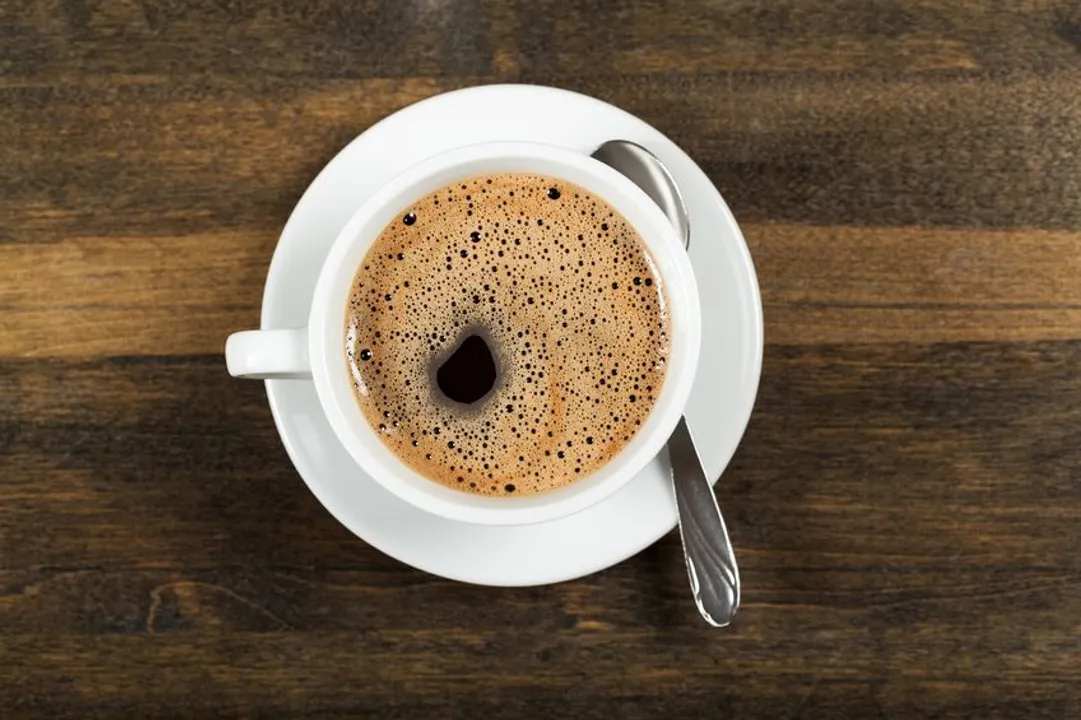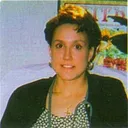Coffee: Black Medicine

olegdudko/123RF.com
A story retrieved from the WebMD archives declares, “Doctors and Nurses are Fueled by Coffee.” In 2010, Harris Interactive, a market research agency, orchestrated a survey on coffee consumption. It included more than 3,600 coffee-drinking workers representing 12 professions.1 Nurses achieved the top honor(?). It didn’t take a survey to figure that out. Whether a rare cup - hot and fresh, or cold swill from last night, they drink what they’ve got to get the job done. [Sidebar: I was applying to nursing schools, but my father saved me from myself when he said nursing wasn’t for me. He was right. Being a nurse is way too much work!]
Physicians ranked second in coffee consumption from among the 12 professions. About 43 percent of coffee drinkers said they were less productive without coffee on the job. About a third said they require coffee to get through a workday.
Leonhart Rauwolff, a German physician, is credited with the first mention of coffee in Europe, in 1582. He had been on an excursion through Mesopotamia in search of herbal remedies. Rauwolff wrote, “A very good drink that is as black as ink and very good in illness, especially of the stomach.” Promotion of the “black medicine” raced throughout Europe.2
Another study was conducted at a hospital in Switzerland. Coffee purchasing habits of 766 physicians, grouped by specialty.2 David F. Hamilton, a research fellow, wrote, “Within this study, we also tried to settle the debate as to whether surgeons, radiologists, or physicians drink more coffee. We believe we have finally clarified this important question, unresolved for so many years.” (You just can’t make this stuff up.)
Hamilton continued, “It is in fact the orthopaedic surgeons who drink the most black medicine. This suggests either that their “work hard/play hard/drink hard” persona extends to hospital canteens, highlighting their productivity, or that they have too much time to kill and can be found hanging out in cafeterias.”
Hamilton goes on, “Radiologists are also frequently found in the cafeterias, perhaps to escape their dark working environment. Their demanding job that puts them in front of computer screens in dimmed light can be tiring after short periods. Regular caffeine boosts could revitalize the spirit and improve performance. The relatively low coffee consumption of our colleagues from anaesthetics warrants further attempts at explanation. Anaesthetists might be too busy to find their way to the coffee outlets, though a more likely explanation for their rare sociable appearances is that they have set up their own coffee machines in the theatre suites. Whether this belies a social issue cannot be answered with these data. General surgeons and orthopaedic surgeons also seek additional caffeine boosts in the theatre area, though this does not seem to impair their purchasing habits in the more sociable canteens in the same way.”2
We shouldn’t be too judgmental about the value of David’s research. He’s in good company:
- An important (?) study was conducted in 1990, at a dental school. They addressed patient preferences – floss waxed or unwaxed?
- In 2004, the University of Minnesota filled a 25-meter swimming pool with a liquid made of guar gum, which had twice the viscosity of water. They wanted to determine the relative difficulties of swimming through syrup vs. water.
- A Russian study, conducted in 1986, consisted of 11 men lying in bed for 370 days. They were trying to determine the effects of prolonged weightlessness during space expeditions.
Nurses and physicians who are job-seeking or negotiating a compensation package can leverage this data. Whatever the setting, your employer will want maximum productivity. Present to a potential employer or partner the fact that readily available coffee is imperative. Failure of its supply to you and your associates could interfere with productivity, possibly ruling out further negotiation. Be sure you determine if the coffee will be supplied on-premises or require pick-up. Alternatively, start with requesting a lifetime SB Gold Card, valid even if you leave the position. Be prepared to lessen your request, to a card that is effective only during your association with the organization. If you are an orthopedic surgeon, hold out for a personal barista.
It’s tempting, but I won’t leave you in suspense:
- Waxed
- Swimming in syrup and swimming in water require equal energy expenditures.
- Weightlessness in bed – results were not reported.
Hamilton emphasized that no patients were hurt in this study, but was there a trickle-down effect? I bet Hamilton could milk another study out of that burning issue.
References
- Doctors and Nurses Are Fueled by Coffee: Survey Shows Health Care Professionals Depend on Coffee to Get Through the Workday, by Jennifer Warner 2010 WebMD, LLC.
- “Giesinger K, Hamilton D. Black medicine: an observational study of doctors’ coffee purchasing patterns at work.” BMJ 2015;351:h6446
Related Posts
